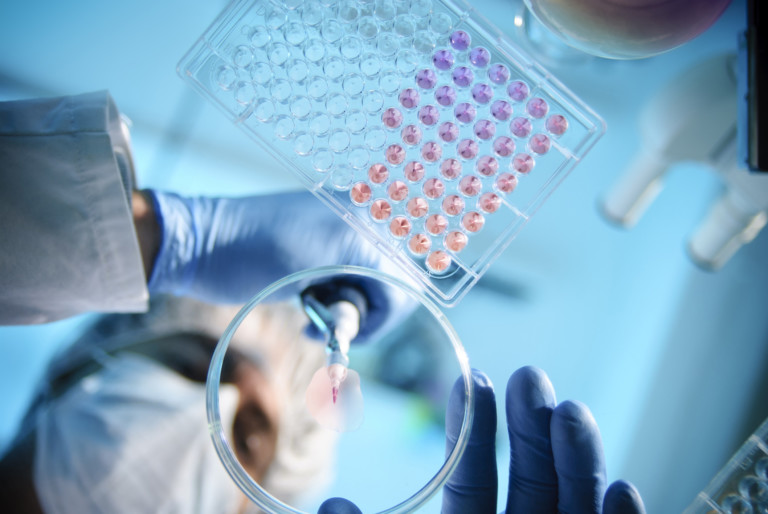Global supplier of microparticle solutions, our experienced scientists manufacture high quality latex, fluorescent, paramagnetic, ferromagnetic and colored dyed microparticles.
Particle size dispersion specific to your requirements.
Functionalized surface chemistry
Coated microbeads with antibodies, proteins, or ligands
Cross-linked particles for greater organic solvent stability
Flow cytometry grade microbeads for alignment, calibration, compensation, counting and sorting.
Microparticles manufactured by Spherotech are utilized for:
Fluorescence immunoassay
Enzyme immunoassay (EIA)
Fluorescence microscopy
Confocal fluorescence microscopy
Flow cytometry/ image cytometry
Magnetic cell separation
Magnetic particles EIA
Microfluidics
Other research and industrial applications.

